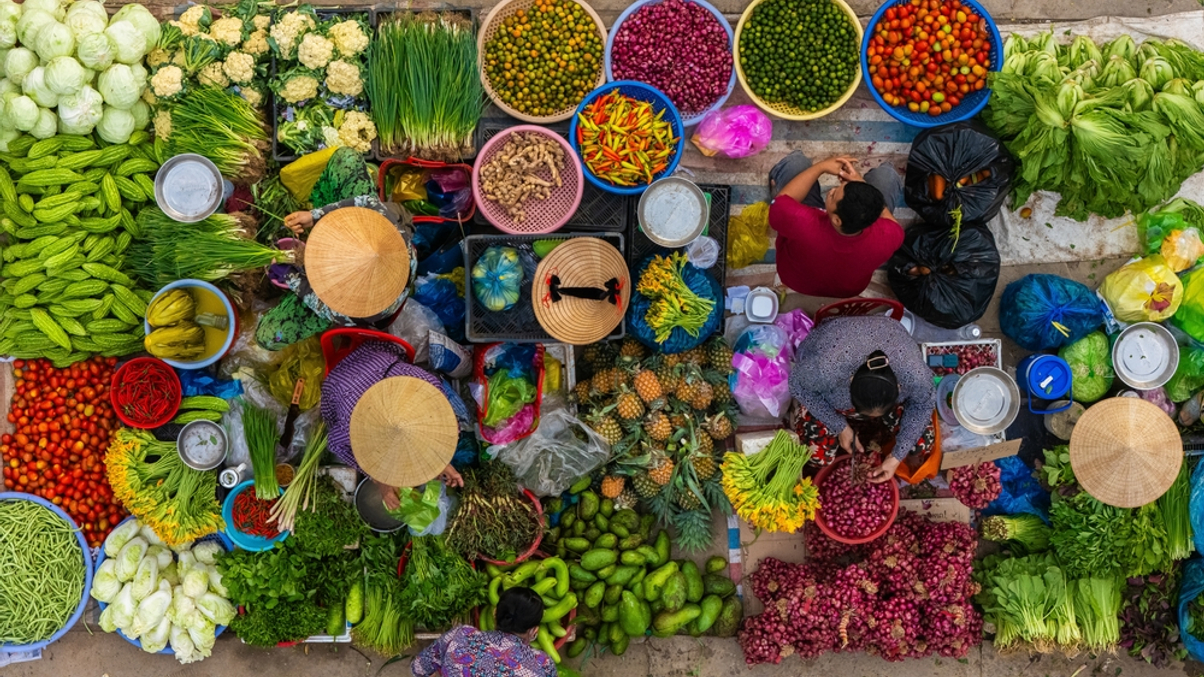Institutions, managers clash over Asia climate allocations
Institutional investors and venture capital managers don’t always see eye to eye when it comes to the most effective ways to fund emissions reductions in Asia.

Investors and venture capital managers have disagreed over whether Asian climate investments are being made in areas where they most reduce emissions.
Sign in to read on!
Registered users get 2 free articles in 30 days.
Subscribers have full unlimited access to AsianInvestor
Not signed up? New users get 2 free articles per month, plus a 7-day unlimited free trial.
¬ Haymarket Media Limited. All rights reserved.


